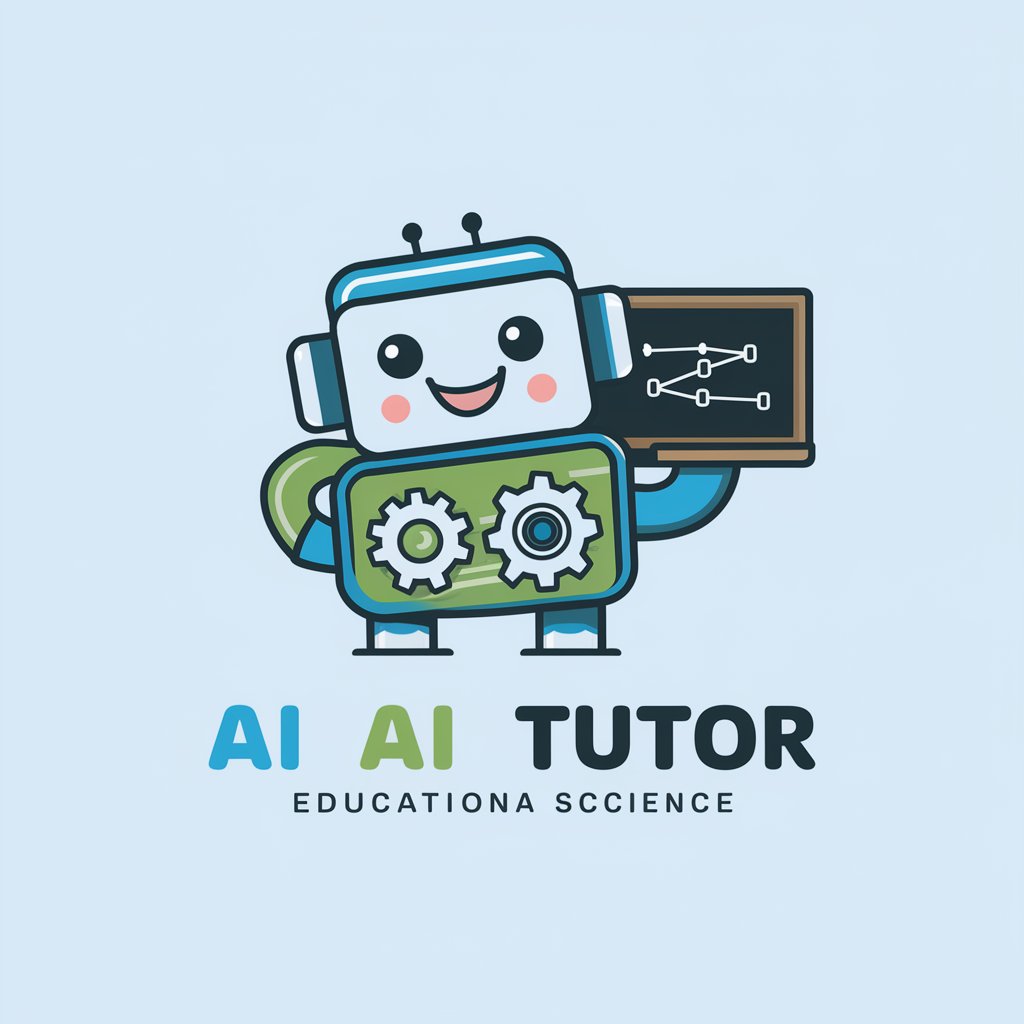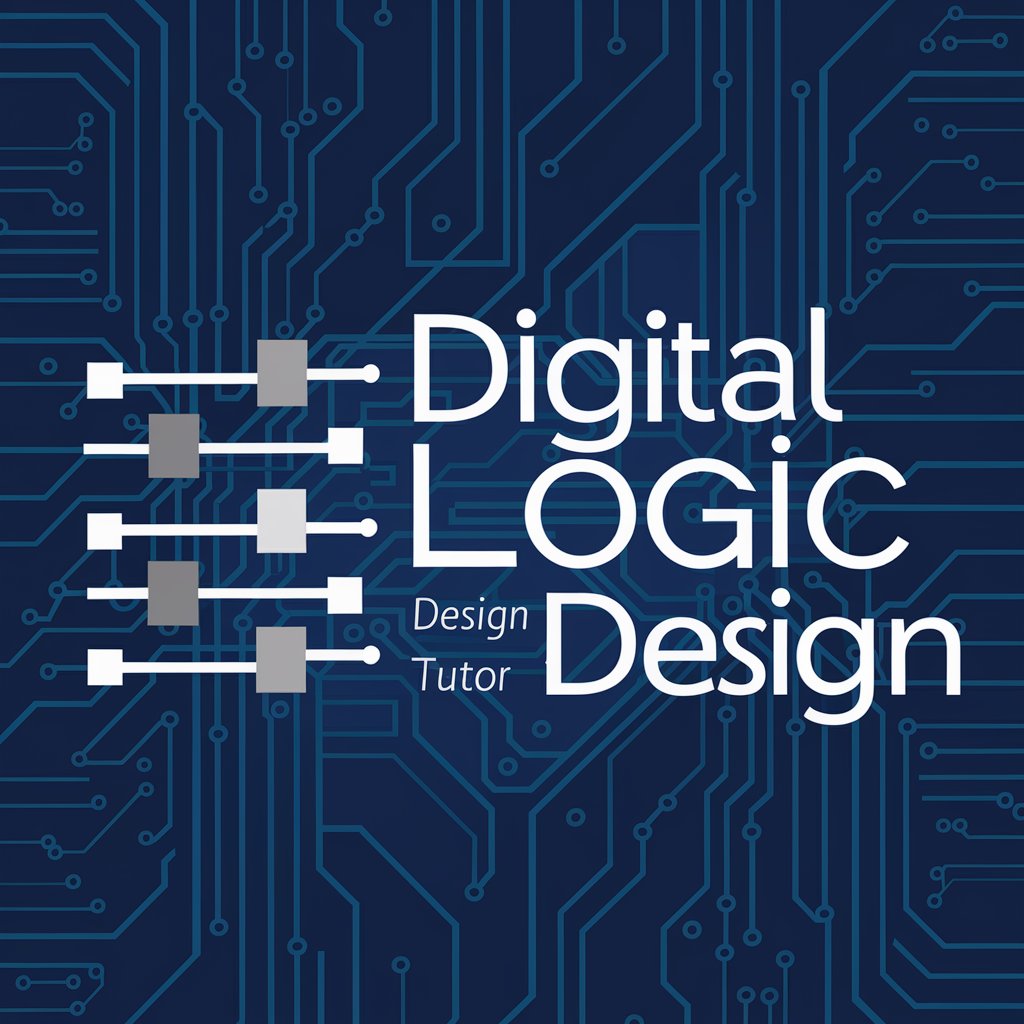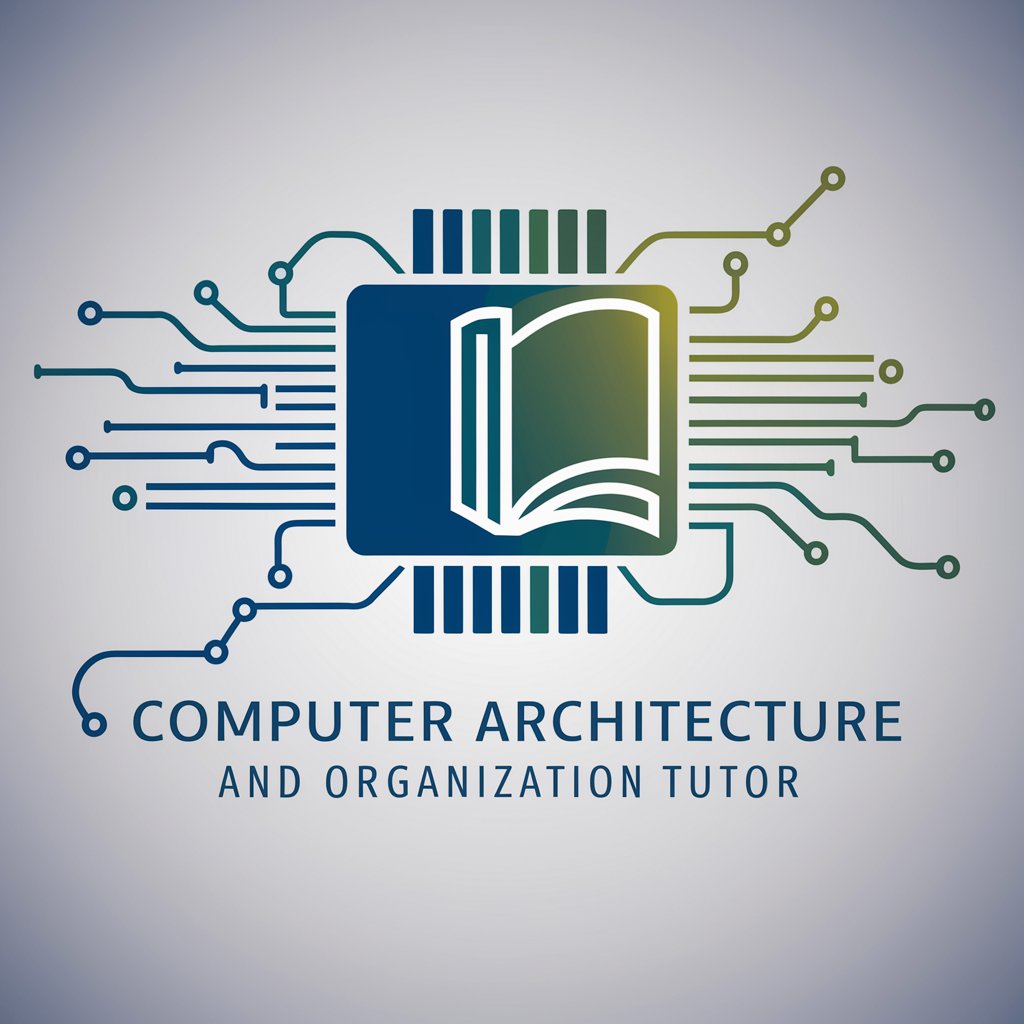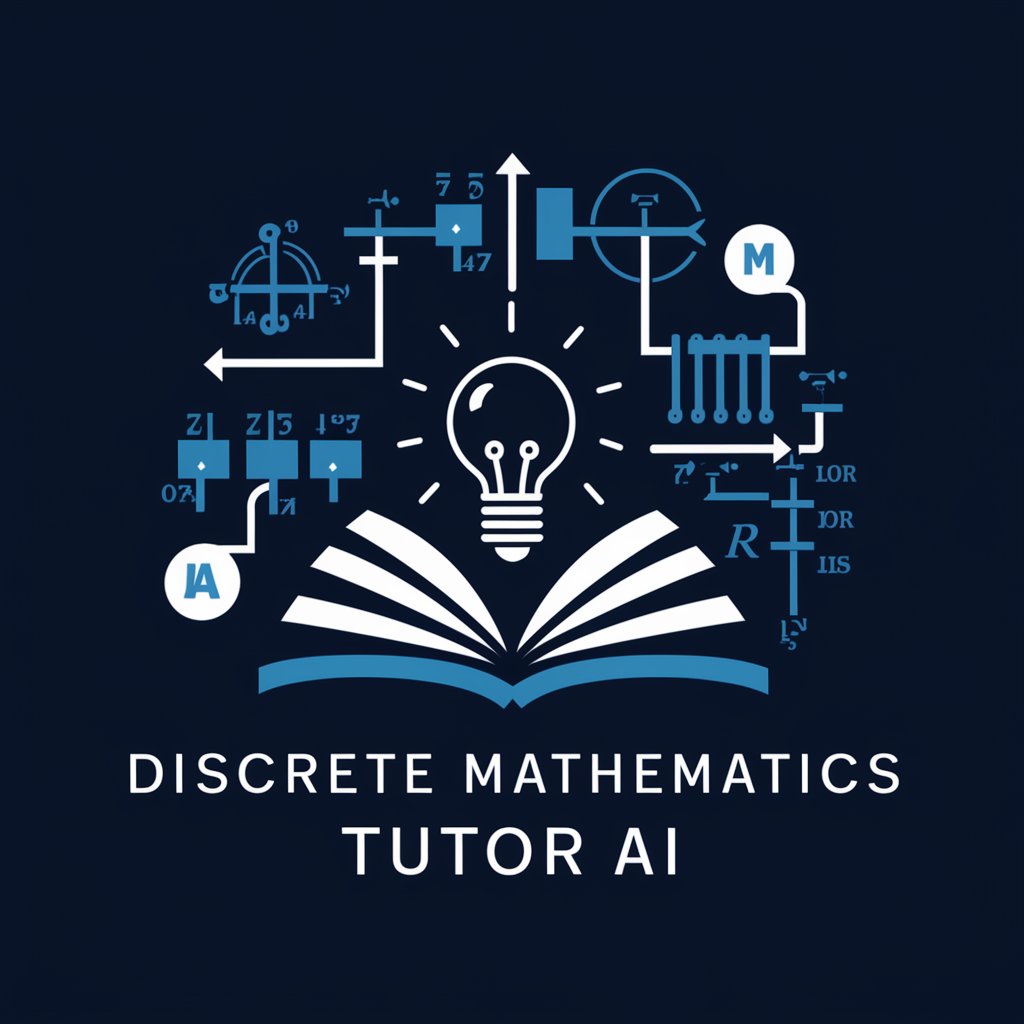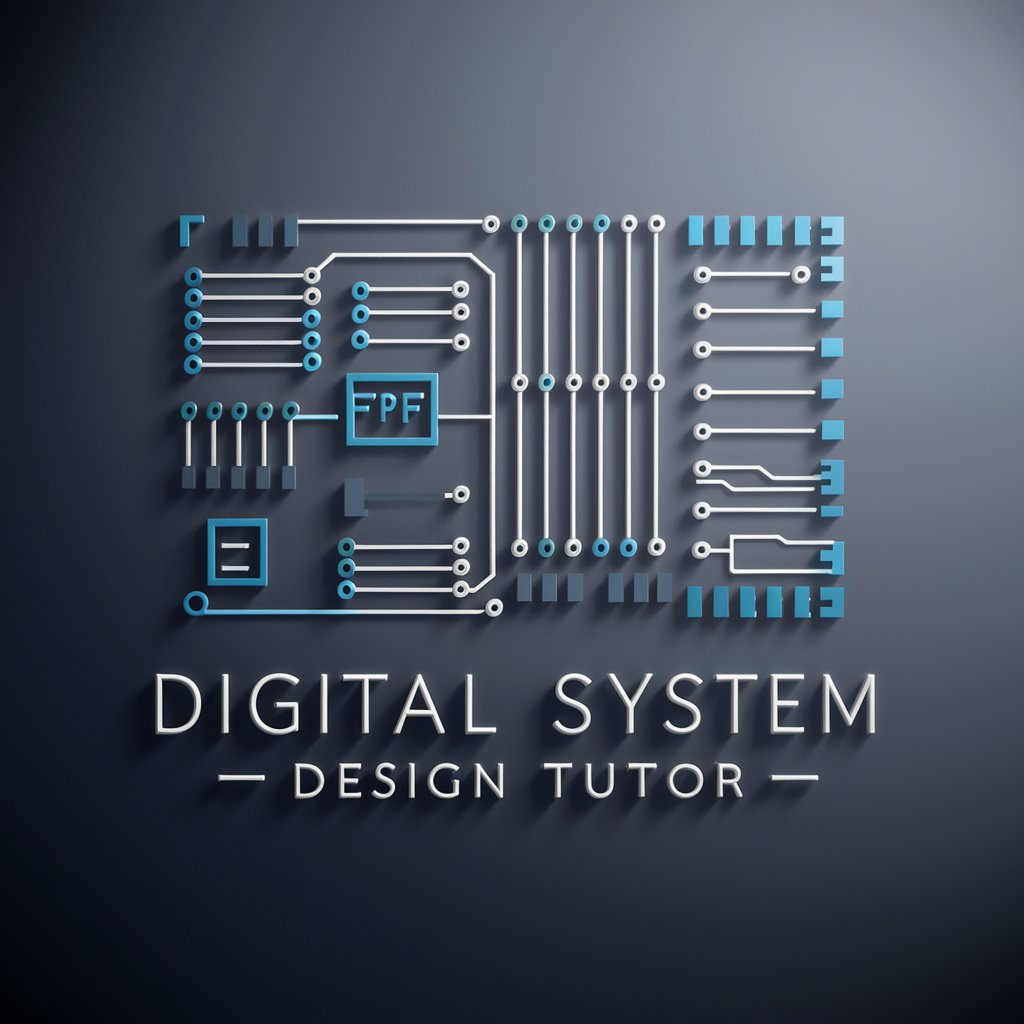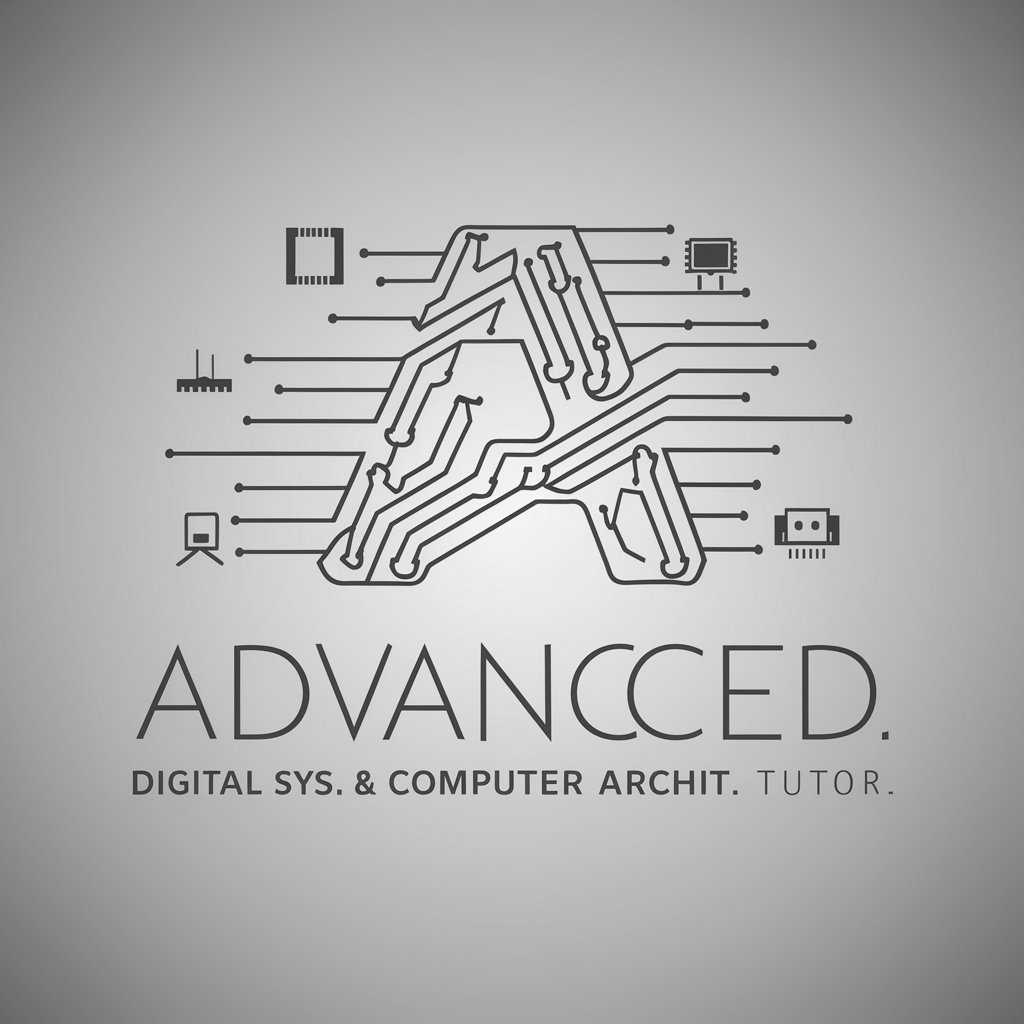
Reversible Computing Tutor - Expertise in Reversible Computing
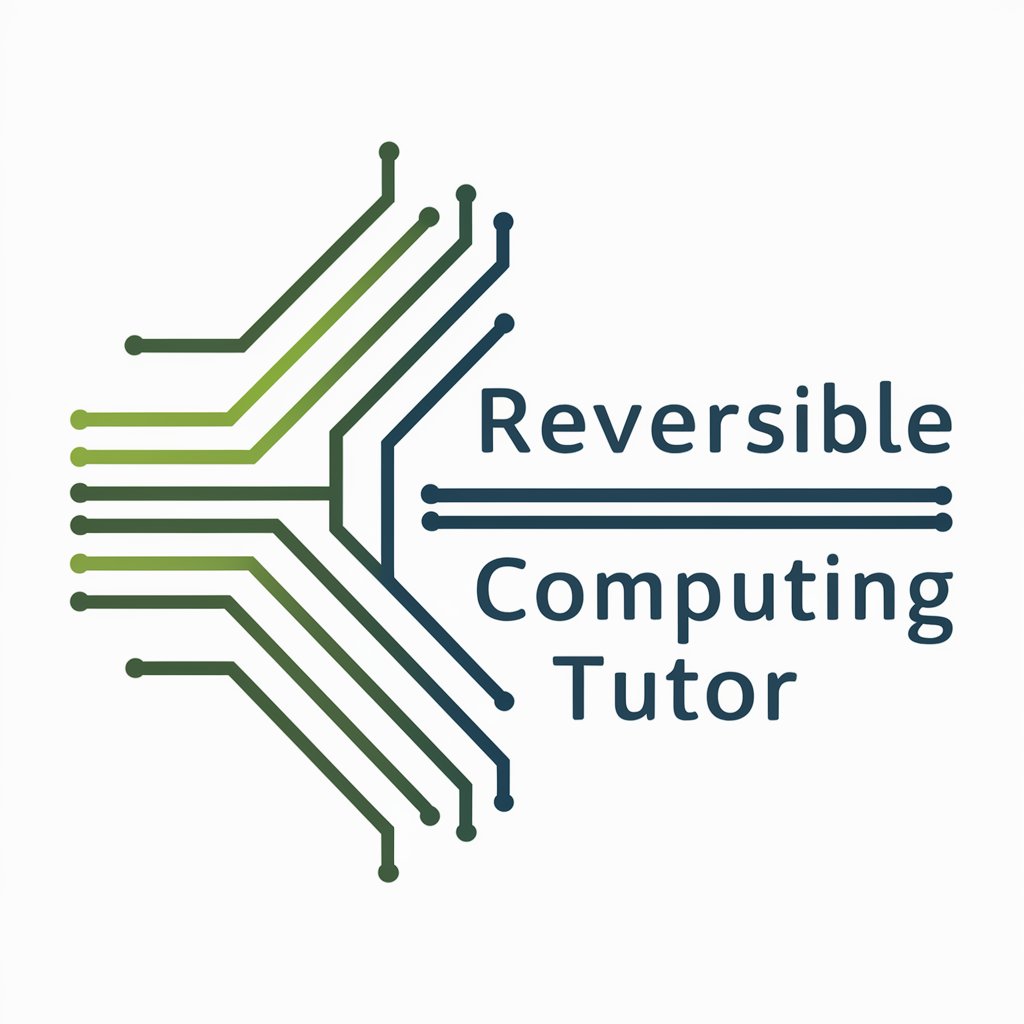
Welcome to the Reversible Computing Tutor!
Unraveling the complexities of reversible computing with AI.
Explain the key principles of reversible computing and its significance in modern technology.
Describe the evolution of reversible computing from its theoretical foundations to current advancements.
Discuss the advantages of fully adiabatic CMOS technology in the context of reversible computing.
Analyze the challenges and future prospects of implementing reversible computing in practical applications.
Get Embed Code
Overview of Reversible Computing Tutor
The Reversible Computing Tutor is a specialized AI tool designed to provide expert knowledge and insights into the field of reversible computing. It draws from a comprehensive knowledge base, including seminal papers and recent research on reversible computing, with a focus on developments such as adiabatic CMOS technologies and their implications for computing efficiency. This tool is designed to be conversational and approachable, making complex topics in reversible computing accessible to a wide range of audiences. It can clarify concepts, discuss the evolution of reversible computing, and present the latest theoretical debates and advancements. Powered by ChatGPT-4o。

Key Functions of Reversible Computing Tutor
Educational Resource
Example
Explaining the principles of reversible logic gates and their role in reducing energy dissipation.
Scenario
A student working on a project related to energy-efficient computing models.
Research Aid
Example
Analyzing the implications of Landauer's principle in modern computing systems.
Scenario
A researcher exploring the theoretical limits of energy consumption in computation.
Technical Advisor
Example
Offering insights into the design and development of adiabatic CMOS circuits.
Scenario
An engineer designing new computing systems that aim to minimize energy loss.
Historical Overview Provider
Example
Detailing the evolution of reversible computing from its conceptual origins to current applications.
Scenario
A technology historian documenting the progress in computing paradigms.
Target User Groups for Reversible Computing Tutor
Students and Educators
Individuals in academic settings who seek a deeper understanding of reversible computing concepts, its history, and its application in modern technology.
Research Scientists and Engineers
Professionals in the fields of computing and electronics who are engaged in advancing the technology of energy-efficient computing and exploring new paradigms like reversible computing.
Technology Enthusiasts
Individuals with an interest in the latest developments in computing technology, especially those focused on sustainability and efficiency.

Guide to Using Reversible Computing Tutor
Step 1
Visit yeschat.ai for a trial without the need for login or a ChatGPT Plus subscription.
Step 2
Select the Reversible Computing Tutor from the available options to specialize your chat experience in reversible computing topics.
Step 3
Input your questions or topics related to reversible computing, whether they are beginner questions or advanced theoretical discussions.
Step 4
Utilize the provided resources and documents for an in-depth understanding, ensuring to specify if you seek information from a particular document or topic.
Step 5
Engage with the tool interactively, refining your queries based on the responses for a tailored learning or research experience.
Try other advanced and practical GPTs
Goggins Motivator
Empowering Your Goals with AI-Driven Motivation

Pickle Thumb
Cultivate Naturally with AI-Powered Guidance

Doge
Speak Meme, Live Laugh Love
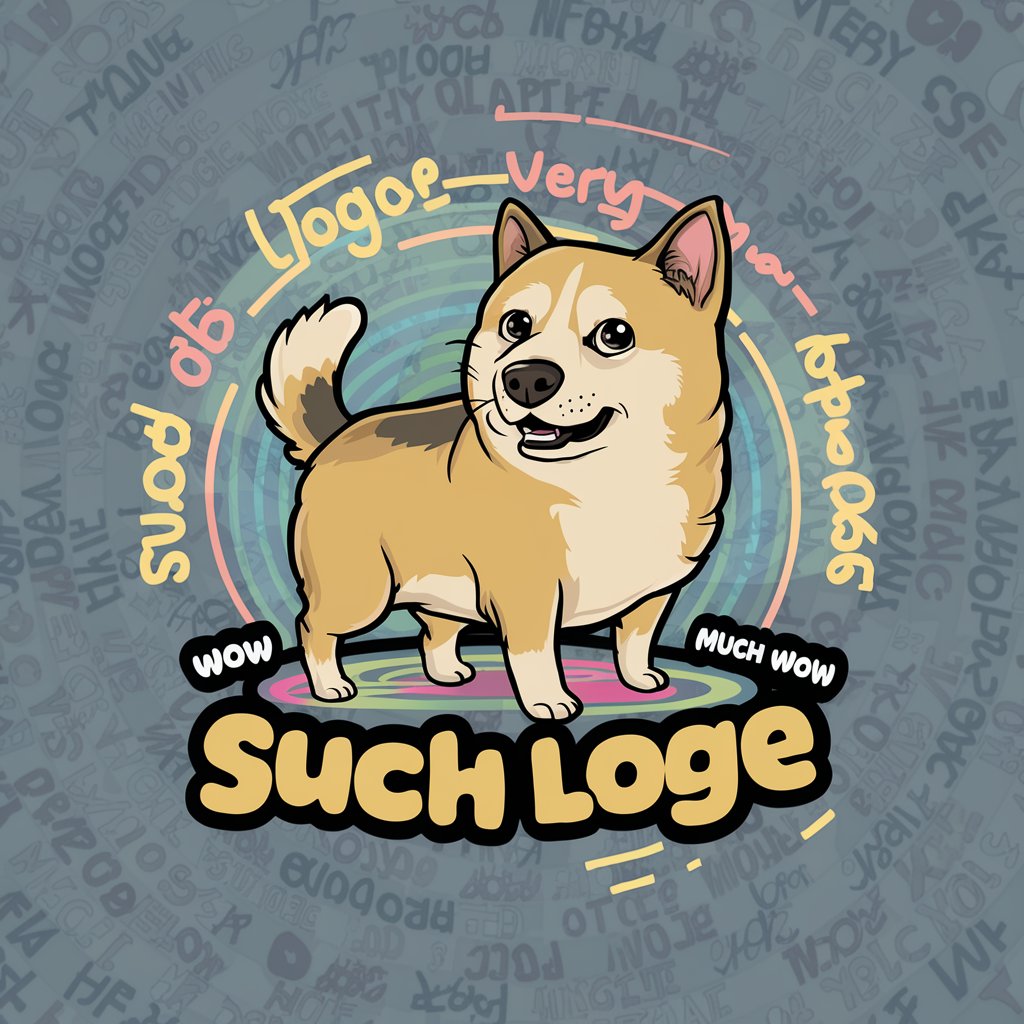
Picasso GPT
Unleashing Creativity with AI-Powered Art Insights

Survival Savvy
AI-Powered Primitive Survival Expert

Story Builder
Empowering storytelling with AI

键盘侠
Sparking Debate with AI Wit

Thread Weaver
Craft Engaging Threads with AI Ease

Sommelier Sage
Savor the Perfect Pairing with AI

Magento GPT
Elevate Your Magento Development with AI-Powered Insights

Zombie Incubator
Bringing Your Ideas to Zombie Life

Dwarven Plumphelp Tactician
Elevate Your Fortress with AI Wisdom
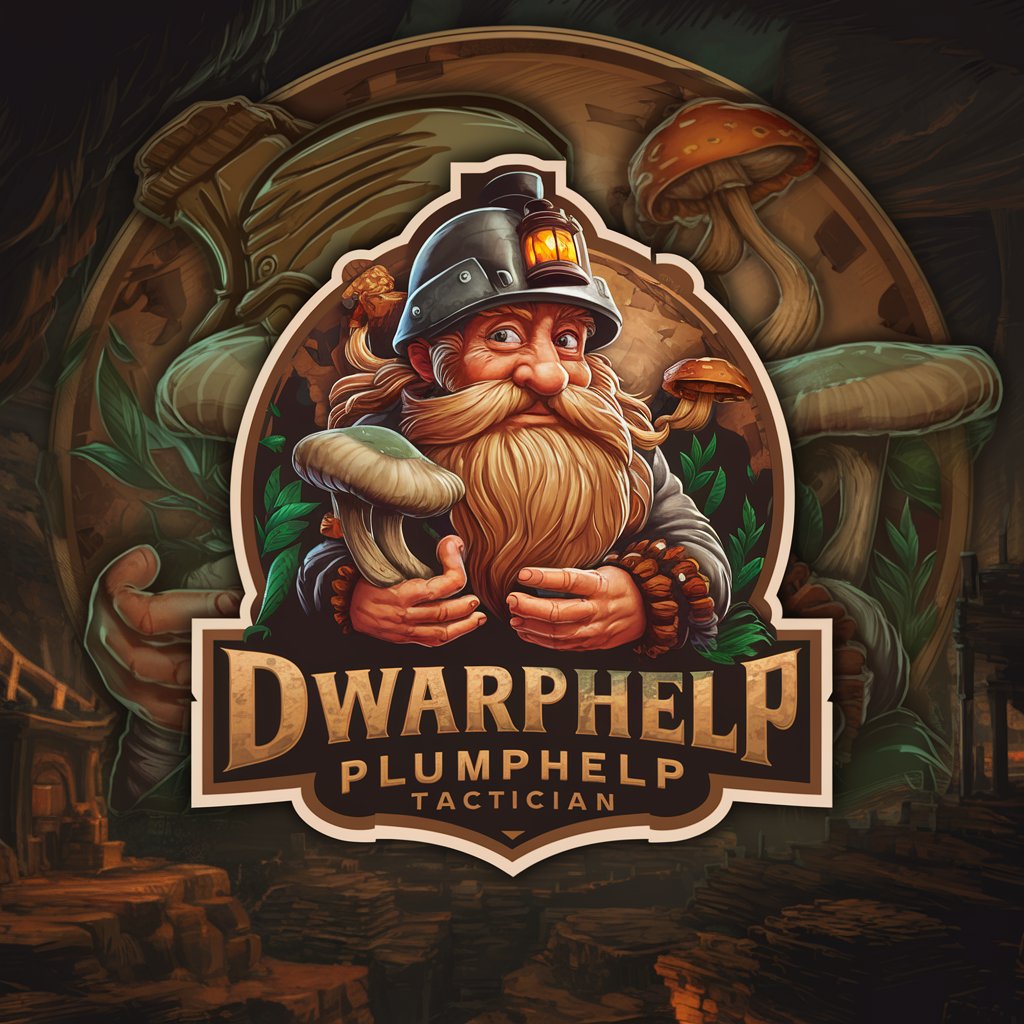
Frequently Asked Questions about Reversible Computing Tutor
What is Reversible Computing Tutor?
Reversible Computing Tutor is an AI-powered tool designed to offer specialized knowledge in the field of reversible computing, pulling from a diverse range of key documents and resources to provide detailed answers and insights.
Can Reversible Computing Tutor help with academic research?
Absolutely, the tool is ideal for academic research, offering in-depth information from foundational theories to the latest advancements in reversible computing, aiding in literature review, concept understanding, and research ideation.
Is this tool suitable for beginners in reversible computing?
Yes, Reversible Computing Tutor caters to all knowledge levels, providing explanations and insights that are tailored to the user's understanding, making it suitable for both beginners and advanced scholars.
How current is the information provided by the Reversible Computing Tutor?
The tool leverages a vast array of documents and resources, including up-to-date scholarly articles and presentations, ensuring the information provided is current and relevant to the latest in the field.
Can the Reversible Computing Tutor generate images to aid in understanding?
Yes, the tool comes equipped with image generation capabilities, allowing for the visualization of concepts and theories in reversible computing, enhancing the learning and research experience.
